
Essential Reading: Books to elevate your outlook
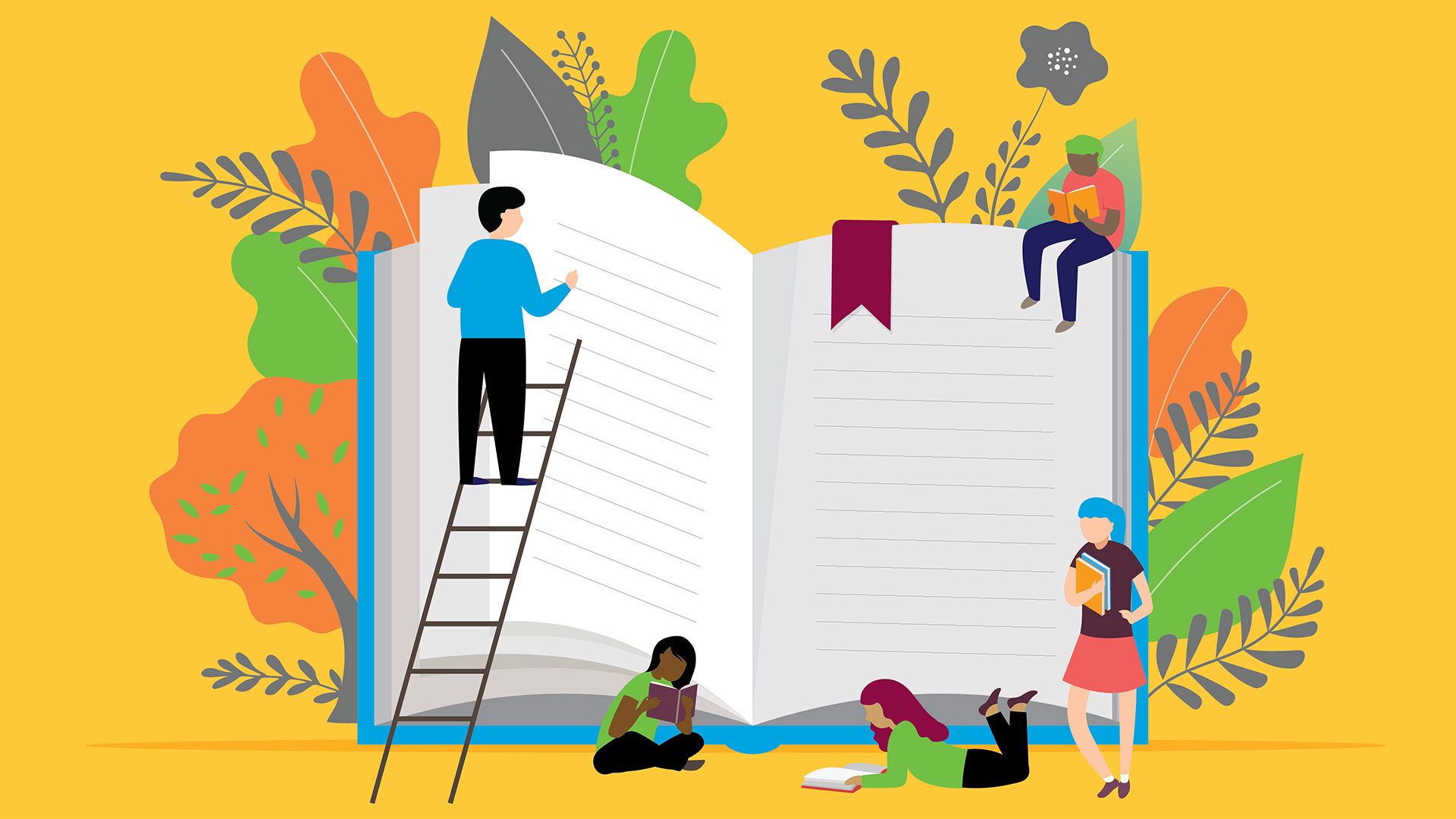
“I would be most content if my children grew up to be the kind of people who think decorating consists mostly of building enough bookshelves.” — Anna Quindlen
In this 11th edition of the annual Essential Reading feature, Ira A. Fulton Schools of Engineering faculty and staff members again recommend books they believe can guide, enlighten, inspire and broaden the horizons of college students.
Within these selected works is compelling reading that provides advice on finding paths to more profound views of life and the world, routes to rewarding careers, and valuable insights into political, economic, historical and cultural forces that have shaped today’s world.
In addition to this year’s selected books, you’ll find links to previous editions of Essential Reading, offering dozens of other works to fill your ever-expanding bookshelves.
“BLACK, BROWN, BRUISED” BY EBONY OMOTOLA MCGEE
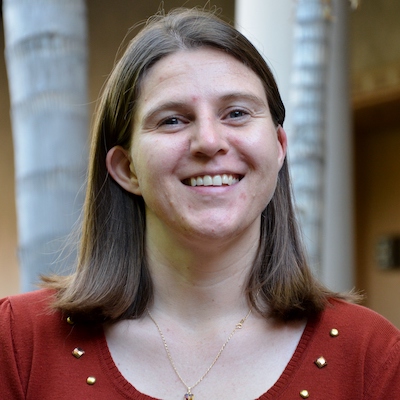
Jennifer Bekki
Recommended by Jennifer Bekki, associate professor in The Polytechnic School
Subtitled “How Racialized STEM Education Stifles Innovation,” McGee’s book provides an accessible, current, comprehensive look at the experiences of Black and Brown students within STEM. It details the costs to our national economy and the limitations to our scientific and technological advancements created by the culture of exclusion that exists within our STEM higher education systems. The book makes visible to readers the experiences of Black, Latinx, and Indigenous STEM students at all levels of higher education, from undergraduate to doctorate. McGee writes in her introduction that she “want[s] you to hear the voices of scholars of color as they feel their way through a forbidding STEM educational landscape.” The book forces readers to face and grapple with the norms, cultures and practices within STEM in higher education that are rooted in white supremacy. It spotlights what has to change and, importantly, also points out what is working well so that we can incorporate and build upon promising practices. As engineers, we can contribute ideas and design solutions to some of the most critical and pressing issues faced by our society. Simultaneously, in our education of engineers, we often consider topics of “social issues” like racism and white supremacy to be outside the domain of our field and classrooms. Avoiding the topic of racism and its impact on the field of engineering fundamentally diminishes the quality and impact of the very solutions we strive to create. Reading this book (particularly for those of us who are white) and talking about it with our colleagues and peers is one small way to begin to raise our consciousness to the presence and impact of racism within STEM higher education and to better position us to work against it, as engineers and as humans.
“HOW WILL YOU MEASURE YOUR LIFE?” BY CLAYTON M. CHRISTENSEN, JAMES ALLWORTH AND KAREN DILLON
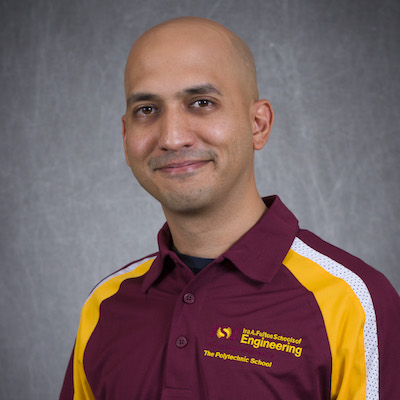
Dhruv Bhate
Recommended by Dhruv Bhate, associate professor in the School of Manufacturing Systems and Networks
Career. Relationships. Integrity. It is hard to find three more central themes in our adult lives. These are also complex and intertwined topics and it is difficult to provide general guidelines for us to apply in everyday situations. But that is exactly what this book sets out to do — give us theories to help shape our answers to some of the most crucial questions we will ever face. This is the book you should read when you sense a fork coming up in the road ahead — when you know that you must make decisions about what direction to take, both in important situations (“Do I really want to work in this job?”) and in seemingly less critical ones (“Should I work on weekends? Maybe just this once?”). These are choices on which we wish our heart and mind were in perfect alignment — choices we are often afraid to make when they aren’t. While the authors don’t give you any direct answers, they do provide a framework for developing those answers. It helped me, at a crucial juncture in my life, articulate what mattered most for me at work and in my life, and reminded me why integrity needs to be absolute. I also recommend a companion music album called “All the Little Lights” by Passenger and the movie “Into the Wild.” With the book, the music and the movie, you should have enough to fill up a weekend, and, I hope, to help you begin forming a solid foundation for pursuing a fulfilling life.
“THE BLOCKCHAIN AND THE NEW ARCHTECTURE OF TRUST” BY KEVIN WERBACH
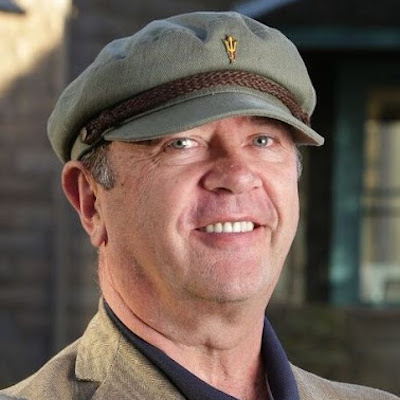
Dragan Boscovic
Recommended by Dragan Boscovic, research professor in the School of Computing and Augmented Intelligence
Author Kevin Werbach, a professor of legal studies and business ethics, is a renowned expert on emerging technologies and how business, law and society are impacted by technologies such as broadband, big data, gamification — and most recently blockchain technology. In this book he offers a balanced look at the subject for anyone who wants to sift through the blockchain hype and understand the technology’s implications. The central theme is how blockchain technology, which relies on building trust in a trustless system, can become broadly accepted as trustworthy — and be used by consumers, businesses and governments to build real-world applications. He gives an exceptionally good explanation of how blockchain works, its history, the hype associated with it and the concerns it has created. Some blockchain advocates claim the technology can bypass traditional societal institutions entirely. Werbach argues that society needs a better understanding of what kinds of problems blockchain is capable of addressing based on the kinds of trust needed for particular classes of applications. He provides a thought-provoking thesis that the legal system will be the primary force that determines whether a given blockchain ecosystem succeeds. That should not be surprising bearing in mind that law, regulation and governance are mechanisms of trust in conventional socioeconomic structures and, as such, will be used to promote trust in blockchain-based solutions as well.
“STATION ELEVEN’’ BY EMILY ST. JOHN MANDEL
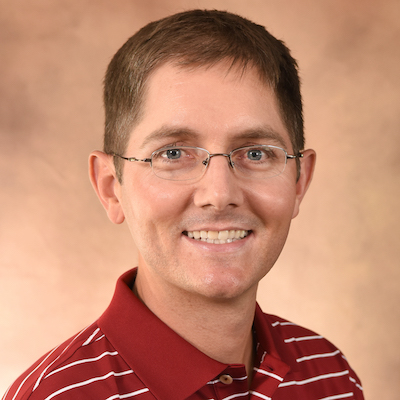
Treavor Boyer
Recommended by Treavor Boyer, professor in the School of Sustainable Engineering and the Built Environment
“Station Eleven” is the fourth novel by Emily St. John Mandel. The book was published in 2014. I read it in April 2020. Both dates are significant given what drives the plot — a highly contagious and deadly virus that kills most of the Earth’s human population. Although that may not sound enticing given these past few years of the COVID-19 pandemic, the story is fascinating. After the virus has brought a devastating loss of life, all major aspects of society stop functioning. There are no longer enough people alive to do anything on a large scale — no fuel, so no transportation; no electricity generation, so no food, no hospitals, and so on. Again, while this may sound bleak, it is intriguing to think about the interconnectedness of today’s society and what could happen in such catastrophic circumstances. Against this backdrop of an extinct modern society, a traveling theatrical group, whose members are the main characters in the novel, perform for small groups of people living in primitive settings in the shells and ruins of former towns and cities. Overlaid in the story of this nomadic theater group is a tense conflict of good versus evil with subtle connections to times before the outbreak of the virus. “Station Eleven” is exceptionally well written with a dynamic plot and vivid characters.
“THE MIRACLE MORNING” BY HAL ALROD
“HOW TO BE AN ANTIRACIST” BY IBRAM X. KENDI
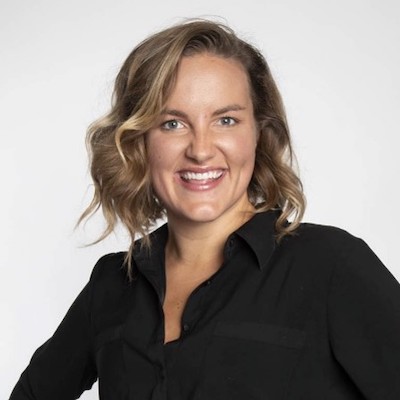
Olivia Burnsed
Recommended by Olivia Burnsed, lecturer in the School of Biological and Health Systems Engineering
“The Miracle Morning” has had the greatest impact on my day-to-day life over the last four years. I already knew that living with intention and purpose is important, but I wasn’t sure how to put that into a consistent practice in my own life. “The Miracle Morning” taught me how and why I should connect with myself. It gives you practical and flexible ways to take time to intentionally start your day with silence, affirmations, visualizations, exercise, reading, and journaling. Before reading the book, I felt stuck in my career and personal life, not knowing what I really wanted to do next and where I wanted to go. After reading the book and putting these practices into my daily life, I feel so grounded and connected to myself, which has allowed me to have deeper, more meaningful connections with others. I’ve read about the importance of connecting with yourself in many other books that were also awesome, but this easy read is something that made an immediate impact on my life, my happiness and my sense of purpose. It’s usually the first book I recommend to friends who are at critical points in their lives and unsure what to do next.
“How To Be An Antiracist” was hard for me to read. It is even harder for me to write about, but it is very easy for me to recommend. The book is so eye-opening about many areas of prejudice that I had never considered before, in my own life and society at large. As I read the book, my defenses kept popping up, so I had to read the book in pieces. I’ve highlighted many stories, statistics and specific examples that apply to my own life and role as a university lecturer. To be honest, I still haven’t finished, and I’m sure I’ll go back and reread the book as soon as I do. I’ve read that reading books like this from a white person’s perspective (I am a white person) is so difficult that it is like recognizing that you’re asleep while you’re still sleeping. That description is spot-on for me. This book helped me realize areas of my life where I propagated racism; and now that I am a bit more informed, I am learning new ways that I can be a better ally and anti-racist. This is a quote from the book that I found to be especially impactful: “One either allows racial inequities to persevere, as a racist, or confronts racial inequities, as an antiracist. There is no in-between safe space of “not racist.” The claim of “not racist” neutrality is a mask for racism.”
“THE CODE BREAKER” BY WALTER ISAACSON
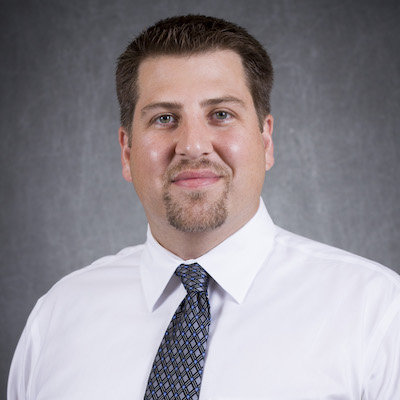
Christopher Plaisier
Recommended by Christopher Plaisier, assistant professor in the School of Biological and Health Systems Engineering
Molecular biologists have been searching for the holy grail of genetic engineering for decades. The discovery of CRISPR by the Nobel laureate biochemist Jennifer Doudna and others brought this search to a close. “The Code Breaker: Jennifer Doudna, Gene Editing, and the Future of the Human Race” is a biography of Doudna and her work to harness CRISPR as a genetic engineering tool — and a portrait of how science gets done. The book by the excellent biographer Walter Isaacson does not shy away from complicated science, or controversy. He describes how Doudna, her colleagues and competitors raced to fully realize the potential of CRISPR as a technology for gene editing. He expertly portrays the complex interrelationships between scientists and their lab teams, with students and postdocs who are trying to avoid getting scooped on their findings. In later chapters, he explores the intricacies of intellectual property and commercialization through the patent battles that ensued between the Broad Institute and the University of California, Berkeley. This tale of innovation gets you excited to go out there and discover the next big thing that will become so ubiquitous that it gets used in peoples’ everyday conversations.
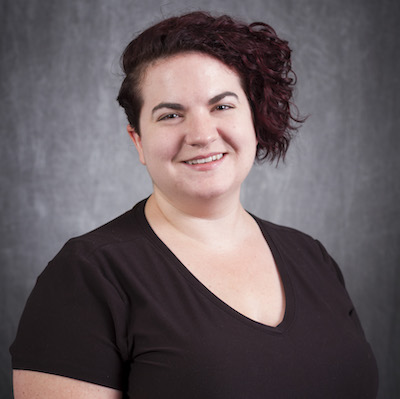
Lynn Pratte
“THE NIGHT CIRCUS” BY ERIN MORGENSTERN
Recommended by Lynn Pratte, manager of Graduate Academic Advising in the School of Electrical, Computer and Energy Engineering
“The Night Circus” is a book you might want to read a couple of times. At first, you might be confused and lost in the narrative because it is nonlinear and told from multiple perspectives, making it feel sort of dream-like. Reading it again, you will notice plot points you missed on the first reading, understand all the foreshadowing and appreciate the imagery. Regardless, it is worth the time and will leave you thinking about the story long after you have finished reading. In this tale, two people are forced into a competition that neither fully understands throughout their lifetimes. While they had no choice in the matter at the beginning, they change the competition and take control of their lives. I recommend this book because it is about resiliency, creativity and how you are in control of your life. As one of the characters says, “People see what they wish to see. And in most cases what they are told to see.” Things are not always as they seem and might be ever-changing, but it is up to you to make the most of every situation and explore the boundaries. Even if you feel as if you are stuck and have no options, I assure you that you do. You must look at things from a different angle because you might be seeing the situation as you have been told to see it and not as it truly is.
“DARE TO LEAD” BY BRENÉ BROWN
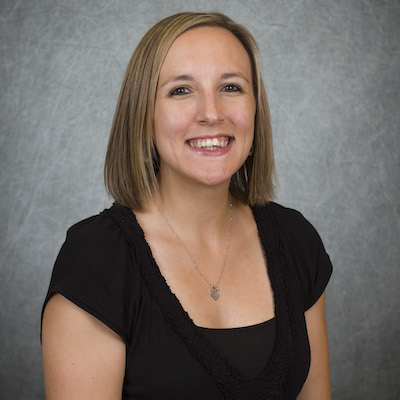
Christina Sebring
Recommended by Christina Sebring, Academic Success Advising Coordinator Senior in the School of Computing and Augmented Intelligence
Although the title of this book may sound like it’s about leadership, it is so much more than that. It is about living by your values, being vulnerable and staying curious in order to become a brave and courageous leader. If you dive in deep, this book can help you both personally and professionally. The book validates feelings we all experience and teaches you how to be more present in your interactions, which leads to better interactions for others who are involved. There is also a “Dare to Lead” hub on Brené’s website with even more resources to help you get the most out of the book. I think this book would be especially valuable for anyone entering the workforce and starting to navigate various work cultures and the tough conversations that are certain to take place. In truth, I would recommend any of Brené’s books. I read “Dare to Lead” this past year and am currently reading her newest book, “Atlas of the Heart,” which focuses on the more than 80 emotions and experiences that define us as humans.
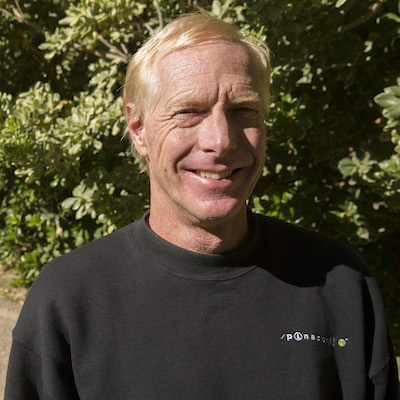
Michael Sierks
“THE BROTHERS KARAMAZOV” BY FYODOR DOSTOEVSKY
Recommended by Michael Sierks, professor in the School for Engineering of Matter, Transport and Energy
“The Brothers Karamazov”? Seriously? Dostoevsky is such a dark, hard-to-read author. Why should I voluntarily read this? First, the pure pleasure of reading a well-written book is always worth the effort, which implies that a good translation is important unless you are lucky enough to be able to read Russian. Second, Dostoevsky delves into the minds of his characters with such depth and complexity that it helps you to understand the viewpoints of even greatly flawed characters, an ability that can be critically important in today’s culturally fractured society. Third, this story addresses such universal themes as the conflict between faith and evil, the significance of free will in every choice we make, and the value of forgiveness in societal life. And it does this all wrapped up in the guise of a murder mystery. This book can help you not only better understand the motivations and actions of other people, but to appreciate them and to figure out how to help them to be better people. In a world where people increasingly surround themselves with like-minded company, “The Brothers Karamazov” shows us how much we miss by not embracing a much wider perspective on life. If the thought of reading such a long, dark novel is overly intimidating, then “Crime and Punishment” offers a taste of Dostoevsky’s genius in a much shorter, perhaps more accessible format.
“THE ISLAND OF SEA WOMEN” BY LISA SEE
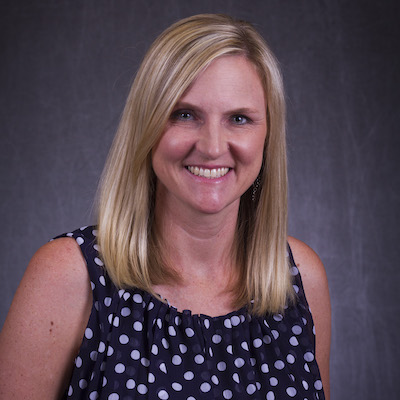
Molly Swindler
Recommended by Molly Swindler, research advancement administrator senior in the School for Engineering of Matter, Transport and Energy
I enjoy reading about different cultures to broaden my worldview and understand others, so I can be a more empathetic, educated person. I was fascinated by Lisa See’s “The Island of Sea Women,” a work of historical fiction based on life on the Korean Island of Jeju beginning just before the start of World War II. The women of the island are in charge, and are part of a diving collective whose members do the dangerous work of gathering seaweed and sea animals, while the men stay home to care for the children. At the center of the story is a strong friendship between Young-sook and Mi-ja, who are bonded by the important duties of learning to dive as teens and then getting married and raising families in the midst of the island’s political turmoil. Their friendship is ultimately tested by the Jeju uprising of 1948 to 1949 because of their husbands’ conflicting political ties. I recommend this book because it will give you a deeper understanding of another culture and its roots, as well as an appreciation of women and their roles in their societies. You will come away from this story with insights into how deep friendships between women run and the powerful acts of forgiveness that can strengthen those friendships into the next generation.
Check out book recommendations from Essential Reading features of past years:



































